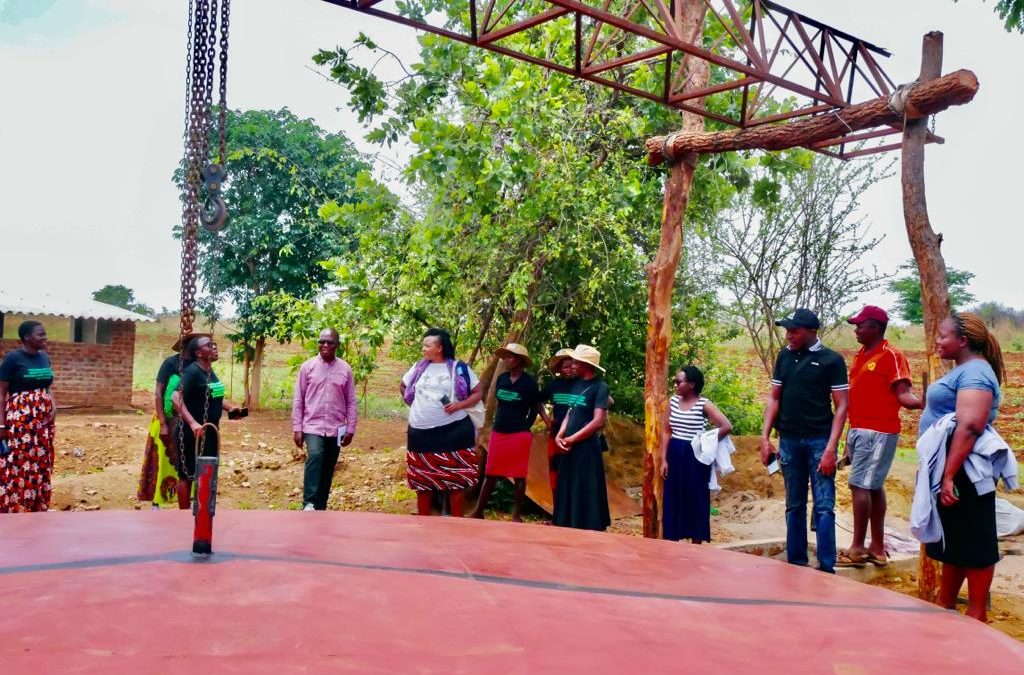As we are approaching the 16 days of activism against GBV , climate change also has grave consequences to GBV, as it increases the drivers for violence, particularly in conflict, displacement, food insecurity, socio-economic impacts and the disruption of protective systems.
TaLI is implementing the Provision of clean renewable energy and piggery production for sustainable development and livelihoods project in Hurungwe Bravo village. The overall project consists of the setting up of a biogas plant called the Water Jacket-overflow system with the capacity to produce 80m3 of biogas and pig houses in Bravo village in Ward 7, Hurungwe District. This project is meant to offer an alternative and renewable energy that can be used for household use to reduce, if not remove, the daily task of fuelwood gathering in areas of scarcity. Freeing up energy and time for women in such circumstances often allows them to have time for other activities, some of which may be income generating. The cutting down of trees for use of firewood has caused massive deforestation. The project also encompasses the setting up of a pigsty as a way of promoting young women and girls economic empowerment in Bravo community as well as training them on climate change, sustainable development, women’s rights and the use of biogas as a means of clean energy that addresses climate changes related challenges.
The project started in October 2021 and up to date they has been a great progress. On the 23rd of November 2022, UNDP and TaLI officials visited the site for M & E and were impressed by the progress on the ground.
- The 80cm3 biogas digester is now 97% complete and contractors are hoping to complete it this week. A gas holder tank was inserted. The gas filling station is now in place.
- The pigsty is now ready for the gilts with gates inserted.
- Despite the heat in Hurungwe the orchard is full of life as the beneficiaries are watering them, however there is need for a fence to prevent the trees from being devoured by livestock.
- The beneficiaries are now thinking ahead to ensure sustainability of the project.
-They have molded and burnt 8000 bricks to extend the pigsty so that they can accommodate the piglets that the gilts will give birth to.
-They now have a project field they are planning to plant maize they will use as feeds for the pigs.
- They are attending trainings on piggery production and maintenance.
The success of this project will be a great step in addressing climate change as deforestation will be reduced. The orchard will bind soil reducing soil erosion. This project is feeding into the nation’s agenda of attaining climate sustainability by 2030.

